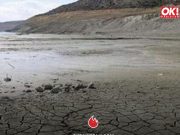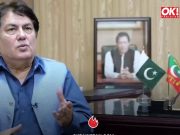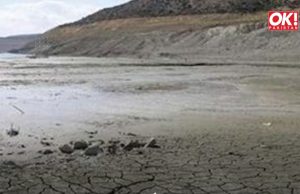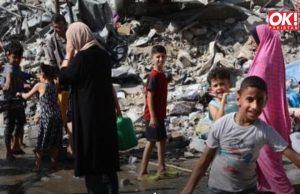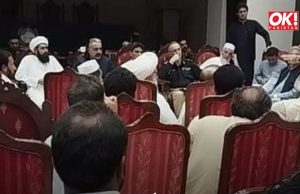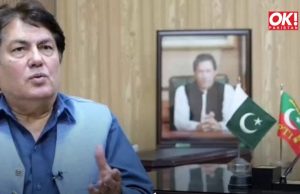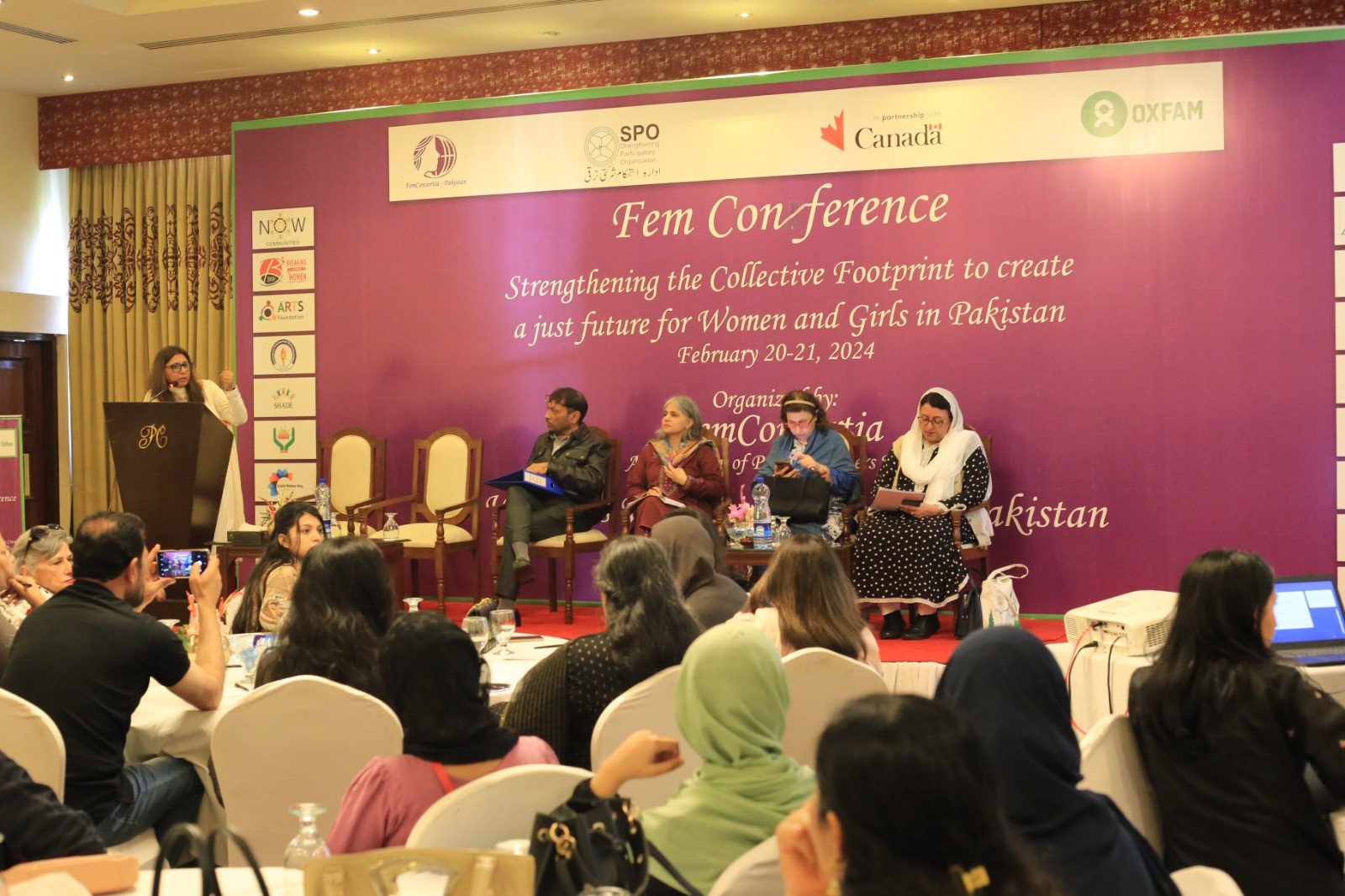
KARACHI: Women continue to play a vital role in providing for and nurturing their families in spite of various obstacles, with a focus on their resilience in the face of climate change.
Fem Consortia, a coalition of 12 women’s rights organizations and five alliances across Pakistan, held its two-day annual conference with the goal of highlighting the significant contributions that women make to Pakistani society.
Presenting her ground-breaking study, Uzma Latif shed light on the disproportionate consequences of climate change on women, particularly in Sindh. Latif presented startling data, showing that in Sindh, 77% of women and 34% of men, and in Punjab, 70% of women and 30% of men, are negatively impacted by climate change. The speaker emphasized that women experience the greatest amount of hardship linked to climate change. She attributed this to their increased caregiving responsibilities, which are made worse by the uncertainty and fear that come with climate-related disruptions.
Using the districts of Thatta and Mirpurkhas in Sindh as a case study, Latif emphasized how women’s roles as caregivers in households have increased due to climate change, which has a negative impact on their mental health. She emphasized how food shortages brought on by incidents like the floods of 2022 and the continuing COVID-19 pandemic have disproportionately affected women, with Sindh having the highest rate of underweight pregnant and non-pregnant women.
Helpage International’s climate change advisor, Javeria Afzal, urged political parties to give climate change and its unique effects on women—especially those living in rural areas—top priority in their conversations.
Meher Nosherwani of the Trust for Conservation of Coastal Resources emphasized that women are more negatively impacted by climate change than males are since they are typically in charge of managing food, fuel, and water in households.
During a workshop on ‘Working Women,’ Rubina Jamil discussed the obstacles that women have while trying to obtain economic possibilities. She mentioned that they are underrepresented in decision-making processes and receive unequal pay. Jamil also brought attention to the predicament faced by women who work in agriculture, who frequently receive produce rather than just compensation.
Nuzhat Shirin emphasized the flaws in the current legal system, especially as they relate to home-based workers, and called for more robust legal safeguards. Speakers recognized the perseverance of women who continue to make valuable contributions to the growth of the nation in spite of these obstacles.
Playwright B Gul, who is well-known, emphasized the significance of talking about women’s issues in the media and promised to close the gap by working on her plays.
The conference provided a forum for women’s voices to be heard throughout Pakistan, highlighting their vital contributions and promoting substantive policy and cultural shifts.
Former TV host and well-known politician Mahtab Akbar Rashdi asked, “What kind of Pakistan would we have had if women and their supporting men, like those gathered here at the conference, took charge?” in her closing remarks, noting that 76 years after Pakistan’s founding, we are still discussing women’s issues. She also said she has complete faith in the younger generation to make things better.



